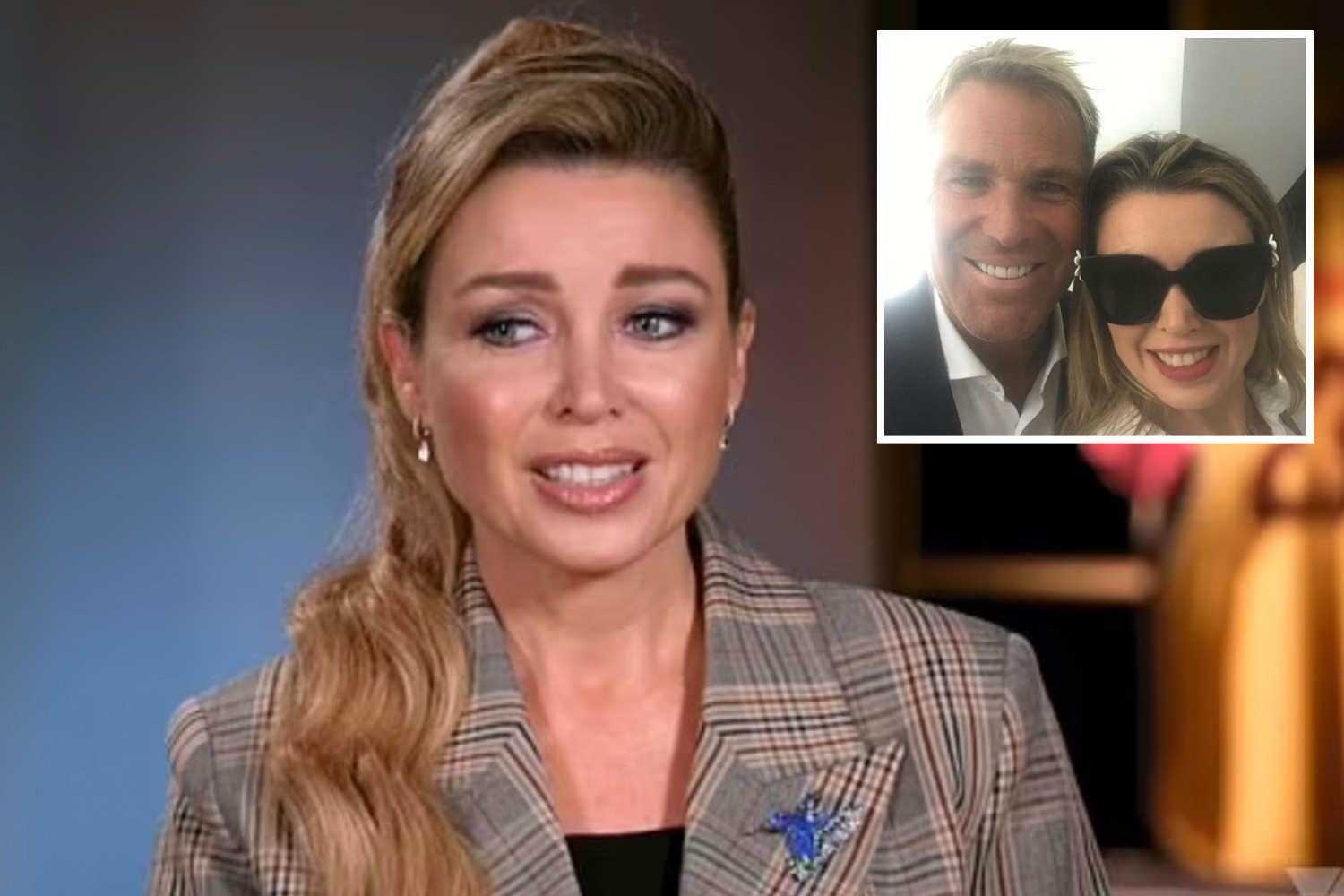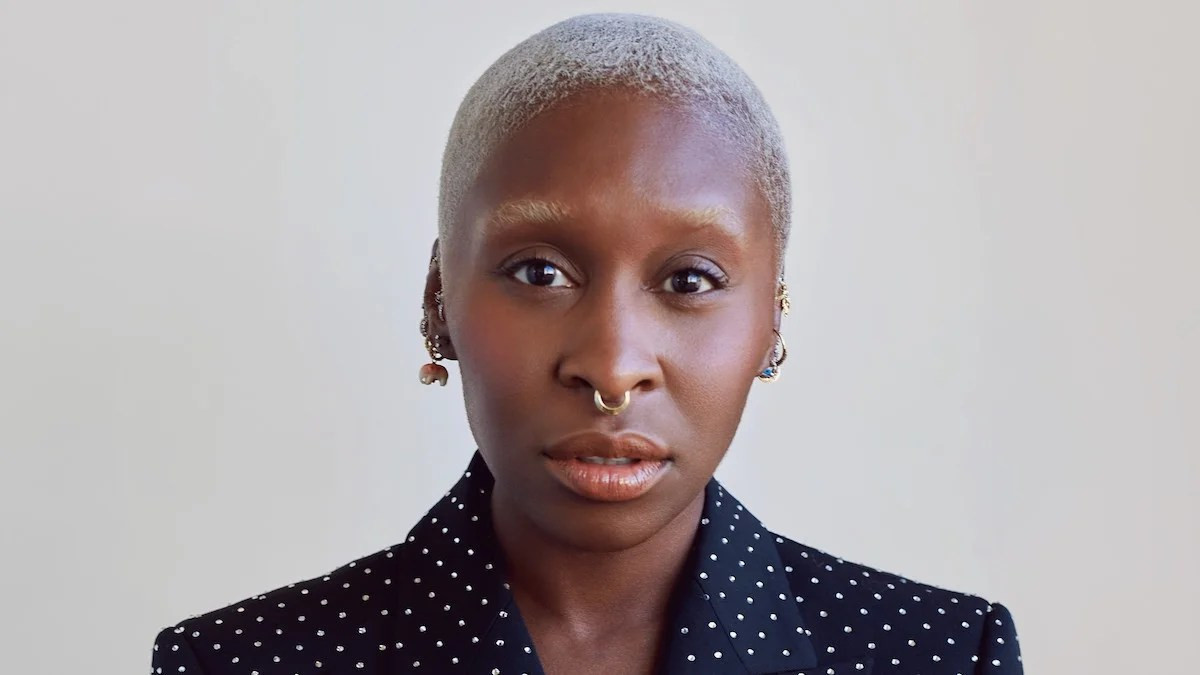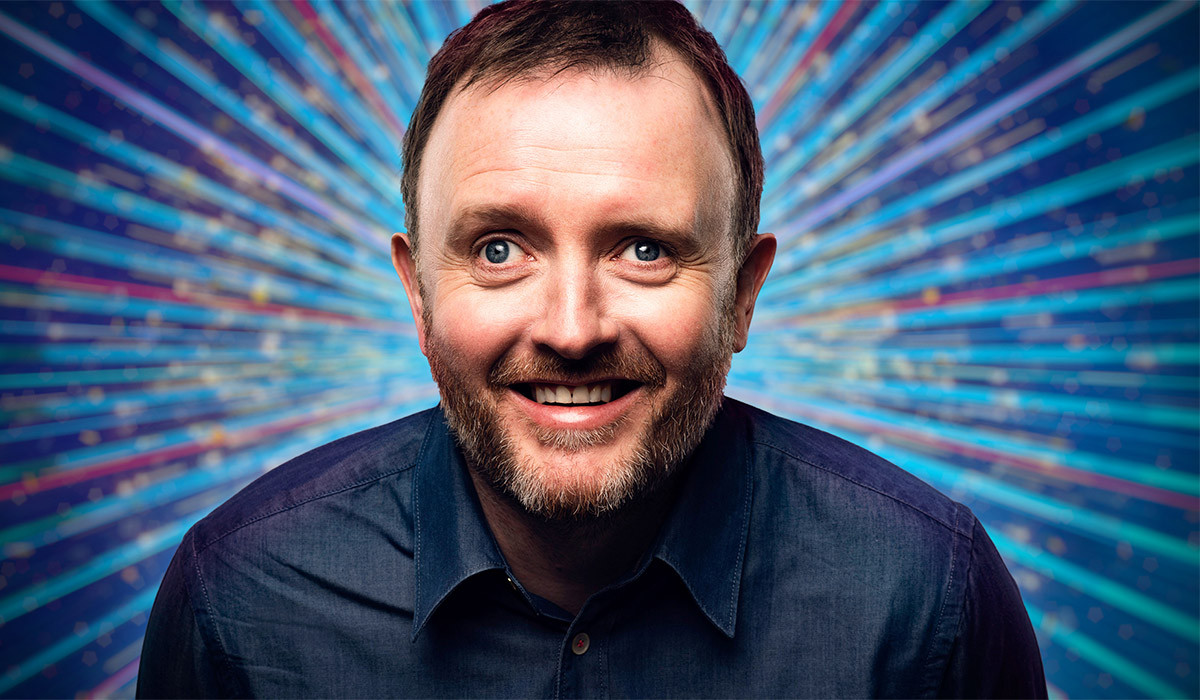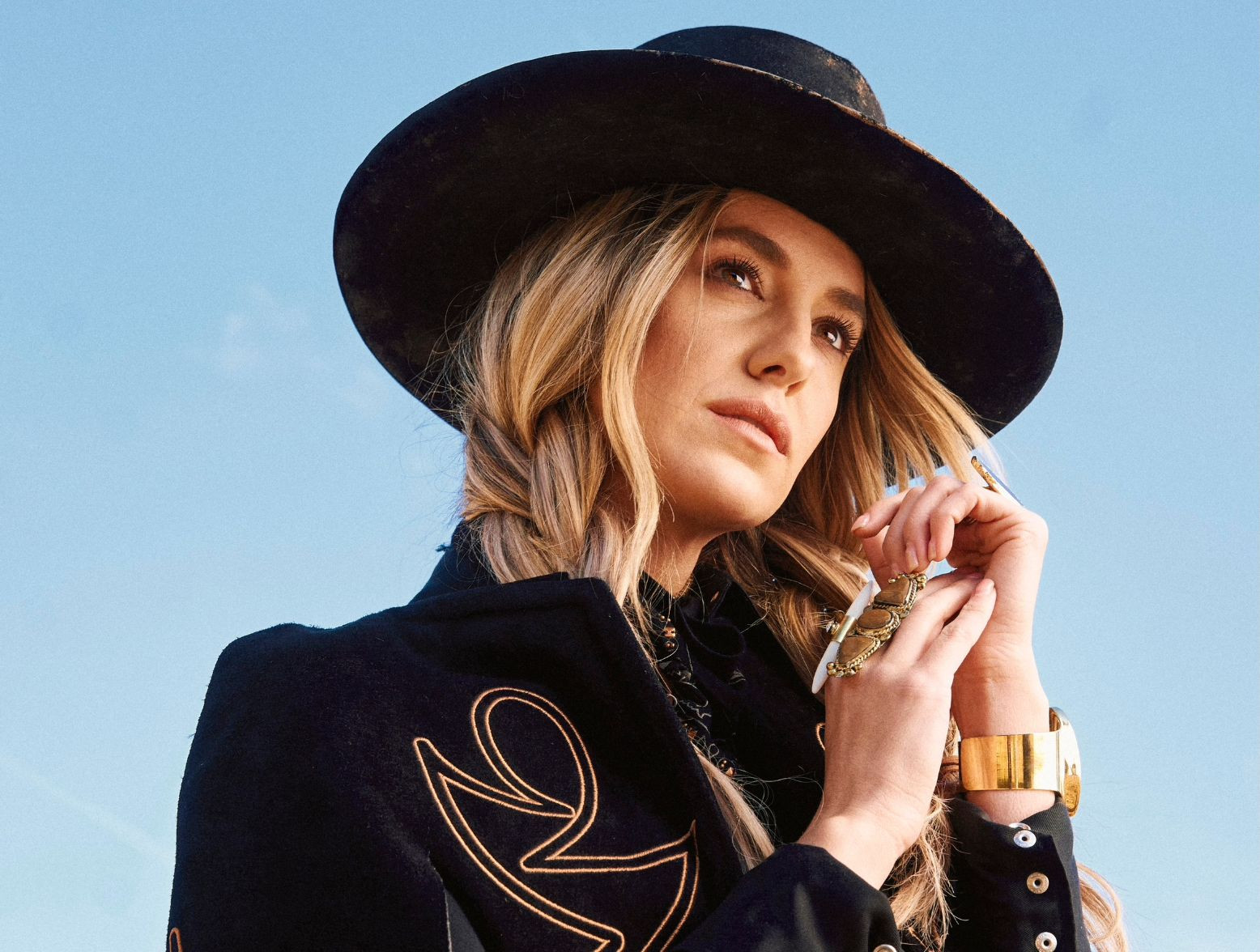James Earl Jones, a commanding presence onscreen who nonetheless gained greater fame off-camera as the sonorous voice of Star Wars villain Darth Vader and Mufasa, the benevolent leader in The Lion King, died Monday. He was 93.
Jones, who burst into national prominence in 1970 with his powerful Oscar-nominated performance as America’s first Black heavyweight champion in The Great White Hope, died at his home in Dutchess County, New York, Independent Artist Group announced.
The distinguished star made his big-screen debut in Stanley Kubrick’s Dr. Strangelove or: How I Learned to Stop Worrying and Love the Bomb (1964) and was noteworthy in many other films, including Claudine (1974) opposite Diahann Carroll; Field of Dreams (1989), as the reclusive author Terence Mann; and The Sandlot (1993), as the intimidating neighborhood guy Mr. Mertle.
For his work on the stage, Jones earned two best actor Tony Awards: for originating the role of Jack Jefferson — who was based on real-life boxer Jack Johnson — in 1968 in Howard Sackler’s Great White Hope and for playing the patriarch who struggles to provide for his family in a 1986 Pulitzer Prize-winning production of August Wilson’s Fences.
Jones, the recipient of an honorary Oscar at the 2011 Governors Awards and a special Tony for lifetime achievement in 2017, was one of the handful of people to earn an Emmy, Grammy, Oscar and Tony and the first actor to win two Emmys in one year.
“You cannot be an actor like I am and not have been in some of the worst movies like I have,” the self-deprecating star said when he was given his Academy Award. “But I stand before you deeply honored, mighty grateful and just plain gobsmacked.”
Jones’ rise to become one of the most-admired American actors of all time was remarkable considering he suffered from a debilitating stutter as a child.
Born Todd Jones on Jan. 17, 1931, he grew up in Arkabutla, Mississippi, and was raised by his maternal grandparents. At age 5, the family moved to a farm in Dublin, Michigan.
“That move was traumatic somehow,” he once recalled. “My ability to communicate dropped out. I couldn’t speak to people without breaking up and stuttering,” and he pretended to be mute.
When an English teacher in high school encouraged Jones to read a poem to the class that he had written, he discovered that his stutter vanished whenever he spoke words that he had memorized. He won a public-speaking contest as a senior and earned a full scholarship to the University of Michigan, where he studied medicine and discovered acting.
He made his stage debut in a community theater production in Manistee, Michigan, before he left to serve in the Korean War.
After being discharged, Jones moved to New York to pursue theater and made his Broadway debut in 1958 in Sunrise at Campobello, the Tony winner for best play that was written by Dory Schary and starred Ralph Bellamy as polio-stricken President Franklin Roosevelt.
“If you want to do this business, you gotta do it because you love it, not because it’s gonna make you rich or famous. That was the best advice he could give me,” he said.
Kubrick cast Jones as Lt. Lothar Zogg, a member of the B-52 bomber crew, in Dr. Strangelove after spotting him in New York in a Shakespeare in the Park production.
“George C. Scott was playing Shylock when Kubrick came to look him over,” he recalled in a January 2014 interview. “I was also in the play, as the Prince of Morocco, and Kubrick said, ‘I’ll take the Black one, too.’ That’s not what he actually said, but that’s the way I like to put it.”
His performance opposite future National Endowment for the Arts chairman Jane Alexander in Great White Hope (she also earned a Tony) netted him the cover of Newsweek magazine in October 1968 (headline: “New Star on Broadway”), and for the film version, he would become only the second Black man (after Sidney Poitier) to score a best actor Oscar nom.
When director George Lucas was searching for a bass voice for Darth Vader as he was casting Star Wars (1977), he reportedly considered Orson Welles but felt his voice might be too recognizable. So he called Jones’ agent and asked if the actor would like a day’s work.
Jones got a flat fee of $7,000 for the job and did not acknowledge that he was the voice of Darth Vader until the third film in the franchise.
As for voicing his character in The Lion King, Jones said in a 2011 interview that he still got a kick out of meeting kids who were devoted to the 1994 Disney classic.
“Their parents will say, ‘There’s Mufasa!’ But I don’t look like a lion, and if they’re real little kids, they think they’re being shafted or having the wool pulled over their eyes,” he said. “And I can’t roar to prove it to them, but I can say [in Mufasa’s voice], ‘Simba. You have deliberately disobeyed me!’”
Jones, of course, also was known as the “voice” of CNN.
“I just emptied my mind, then filled it with the thought of all the hundreds of stories — tragic, violent, funny, touching — that could be following my introduction,” he said when asked about his motivation. “And then I said, ‘This is CNN.’”
And he guest-starred on three episodes of The Simpsons, including the memorable 1990 “Treehouse of Horror” installment.
Onscreen, Jones also was memorable as “Few Clothes” Johnson in John Sayles’ Matewan (1987), as Rev. Stephen Kumalo in the apartheid drama Cry, the Beloved Country (1995) and as Robert Duvall’s embittered half-brother in A Family Thing (1996).
He played Admiral Greer in three films based on Tom Clancy novels — The Hunt for Red October (1990), Patriot Games (1992) and Clear and Present Danger (1994) — and was King Jaffe Joffer in the pair of Coming 2 America movies, including the 2021 sequel.
Jones’ two Emmys came in 1991 for playing a private detective who was wrongly imprisoned on the short-lived ABC drama Gabriel’s Fire and as the owner of a shoe-repair business in the TNT telefilm Heat Wave, about the 1965 Los Angeles Watts riots.
Among the myriad of roles he played onstage included Thurgood Marshall, the first Black justice of the U.S. Supreme Court; Big Daddy in Cat on a Hot Tin Roof; President Arthur Hockstader in The Best Man; and chauffeur Hoke Colburn in Driving Miss Daisy, opposite Angela Lansbury.
In 2022, the 110-year-old Cort Theatre on Broadway was renamed The James Earl Jones Theatre in his honor.
He married actress Julienne Marie in 1968 after meeting her during a production of Othello, but they divorced four years later. He met his second wife, actress Cecilia Hart, while they were taping the CBS police drama Paris, in which he starred as a police captain and she played a young cop. They were married in 1982 and had a son, Flynn. Hart died in October 2016 of ovarian cancer at age 68.
You can’t think of James Earl Jones without hearing his voice.
That booming basso profundo, conveying instant dignity or menace, was Jones’ signature instrument. It brought power to all his stage and movie roles, most indelibly as Darth Vader in “Star Wars,” Mufasa in “The Lion King and as the voice of CNN.
That remarkable voice is just one of many things the world will miss about the beloved actor, who died Monday, according to his agent. He was 93.
Jones was surrounded by his family when he died, his representative said. No cause of death was shared.
“From the gentle wisdom of Mufasa to the menacing threat of Darth Vader, James Earl Jones gave voice to some of the greatest characters in cinema history,” said Bob Iger, chief executive officer of The Walt Disney Company, in a statement. “A celebrated stage actor with nearly 200 film and television credits to his name, the stories he brought to life with a uniquely commanding presence and a true richness of spirit have left an indelible mark on generations of audiences.”
Jones had a distinguished career that spanned some 60 years and took him from a small-town theater in northern Michigan to the highest reaches of Hollywood.
In the mid-1970s “Star Wars” creator George Lucas cast towering British actor David Prowse as the guy inside Darth Vader’s black suit, but decided he wanted someone else to voice the character.
“George thought he wanted a – pardon the expression – darker voice,” Jones once told the American Film Institute. “I lucked out.”
Back then nobody imagined “Star Wars” would become a blockbuster, let alone an enduring franchise and cultural phenomenon. Jones recorded all his lines in a few hours and was not listed in the film’s credits. He said he was paid just $7,000 for the movie, “and I thought that was good money.”
The actor and Lucas had disagreements about how he should voice the villainous Vader.
“I wanted to make Darth Vader more interesting, more subtle, more psychologically oriented,” Jones said. “He (Lucas) said, ‘No, no … you’ve got to keep his voice on a very narrow band of inflection, ‘cause he ain’t human.”
Darth Vader’s climactic duel with Luke Skywalker, played by Mark Hamill, in 1980’s “The Empire Strikes Back” became a dramatic high point in the “Star Wars” series – punctuated by Jones’ delivery of one of the most famous lines in movie history: “No, I am your father!”
Hamill issued a statement on Monday, writing on Instagram: “One of the world’s finest actors whose contributions to ‘Star Wars’ were immeasurable. He’ll be greatly missed. #RIP dad.”
Jones said that almost two decades later, when he was voicing the dignified Mufasa for Disney’s animated “The Lion King,” it took him a while to strike the right tone.
“My first mistake was to try and make him regal,” Jones said of the 1994 film. “And what they really needed was something more like me. “They said, ‘What are you like as a father?’ and I said, ‘Well, I’m really a dopey dad.’”
He continued: “And so they began to impose my facial expressions onto Mufasa, and a different tone of voice. Yeah, he was authoritative, but he was just a gentle dad.”
Jones was born in 1931 in Mississippi. His father, Robert Earl Jones, left the family before James was born to become an actor in New York and Hollywood, working with playwright Langston Hughes and eventually earning supporting roles in hit movies including “The Sting.”
Jones’ family moved from Mississippi to Michigan when he was 5, a traumatic upheaval that caused him to develop a stutter. His fear of speaking rendered him almost mute until he got to high school, where a poetry teacher helped him overcome his disability by encouraging him to read his poems aloud.
“He began to challenge me, to nudge me toward speaking again … toward acknowledging and appreciating the beauty of words,” Jones said.
Jones studied drama at the University of Michigan, served as an Army Ranger and then moved to New York, where he soon landed lead roles in Shakespearean stage productions. He made his film debut in 1964 as a bombardier in Stanley Kubrick’s “Dr. Strangelove.”
In 1967, Jones was cast as troubled boxer Jack Johnson in a theatrical production of “The Great White Hope,” a career-changing role that won him a Tony. He reprised the role three years later in the film adaptation, becoming only the second African American man, after Sidney Poitier, to be nominated for an Academy Award.
By the mid-1970s Jones was working steadily in movies and TV – a prolific run that never slowed. Over the next five decades he appeared in many memorable roles: As Alex Haley in TV’s “Roots: The Next Generations,” warlord Thulsa Doom in “Conan the Barbarian,” an African king in “Coming to America,” Kevin Costner’s reluctant recruit in “Field of Dreams,” Admiral Greer in “The Hunt for Red October” and “Patriot Games” and a South African preacher in “Cry, the Beloved Country.”
On Monday, Costner recalled Jones’ “booming voice,” “quiet strength” and “the kindness that he radiated” in a statement on Instagram.
“So much can be said about his legacy, so I’ll just say how thankful I am that part of it includes ‘Field of Dreams.’ If you’ve seen it, you know that this movie wouldn’t be the same with anyone else in his role,” he wrote. “Only he could bring that kind of magic to a movie about baseball and a corn field in Iowa. I’m grateful to have been a witness to him making that magic happen.”
Jones continued to work into his later years.
In 2021, Jones reprised his role as King Jaffe Joffer in “Coming 2 America,” the long-awaited sequel to the 1988 classic. His final credit, according to IMDb, was voicing Darth Vader in the 2022 Disney+ mini series “Obi-Wan Kenobi.”
In 2019, he again voiced Mufasa in Disney’s remake of “The Lion King,” becoming the only cast member to reprise his role from the first film.
Over the years, he also guest-starred in dozens of TV series, from “L.A. Law” to “Sesame Street,” appeared regularly on the stage and lent his deep, rumbling voice to everything from “The Simpsons” to a popular audio recording of the King James version of the Bible.
Jones said people in public sometimes didn’t recognize him until they heard his voice.
“When you don’t talk it’s like going ninja,” he told Rachael Ray in 2016. “You get in the taxi and say where you’re going and the guy turns around and says, ‘Hey, aren’t you that Darth Vader guy?’”
He also lent his voice to CNN’s tagline, “This is CNN,” complete with a dramatic pause after “This …”
Jones was famously brought in to voice Star Wars villain Darth Vader versus utilizing the voice of actor David Prowse, who physically embodied the character in his suit on screen, for the series' original 1977 movie. He went on to voice Vader across a number of forms of media for decades including recent releases like Rogue One: A Star Wars Story (2016), The Rise of Skywalker (2019) and the miniseries Obi-Wan Kenobi (2022).
He retired from voicing the character in 2022 and reportedly gave Disney permission to continue using digital recreations of his voice for Darth Vader appearances to come in the future.
















